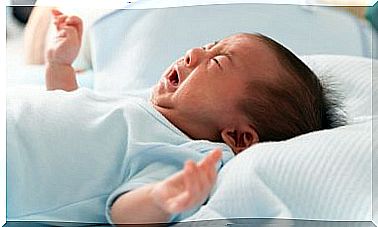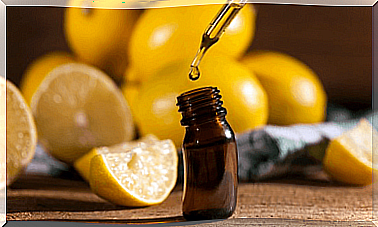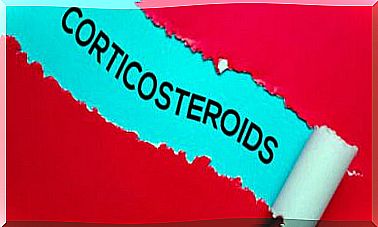High Blood Creatinine: Causes, Symptoms And Treatment
High blood creatinine is an abnormal situation that indicates that the person suffers, with high probabilities, kidney damage or diseases. To understand why creatinine levels can rise and the problems related to this situation, we must have a clear idea of what exactly this substance is.
What is creatinine and how is it synthesized?
Proteins are necessary for the production of creatine phosphate, a molecule that is synthesized in the liver. This creatine phosphate passes into the blood and reaches the muscle, where it is used as an energy source.
Once used in muscle, creatine phosphate is transformed by various metabolic reactions into ATP and creatinine. Afterwards, this waste substance is eliminated via the kidneys.
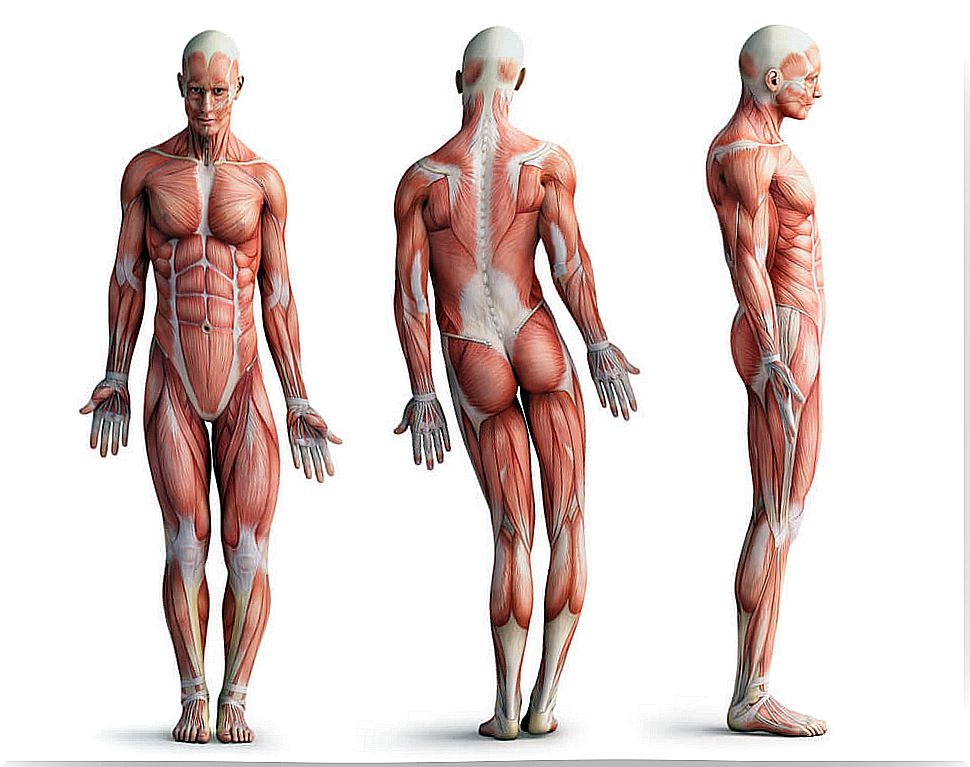
The body usually produces a constant amount of creatinine; amount that may depend on the muscle mass of the person. Therefore, if a person has a more or less constant muscle mass and has high blood creatinine, it is most likely due to a kidney disorder.
However, if that person has gained muscle mass and also has elevated creatinine, it may be due to the fact of having gained muscle and not due to kidney failure or any other cause, so this parameter must always be taken into account.
If it were the case that the kidneys were unable to eliminate the creatinine produced daily, it is possible that they would also have problems eliminating other substances, including toxic ones.
In view of this, there are tests and examinations that help to detect this situation and give them a treatment in time, in order to avoid complications. It should be noted that creatinine levels can be measured in both blood and urine.
Why can creatinine levels rise?
When a person has high creatinine, they most likely have a kidney problem, such as kidney failure.
However, kidney disorders are not the only cause that can cause an increase in creatinine. There are other reasons that lead to this situation. For example, disorders in the urinary tract, especially those that occur with an obstruction of the urinary tract of the same or the presence of stones in the bladder.
Apart from these disorders, certain muscle problems can also cause an elevation of the blood creatinine level. This is normally due to the consequence of the breakdown of muscle fibers, either due to an injury, another problem that causes damage to the muscles or due to excessive physical exercise.
Another cause that could be responsible for finding high creatinine in patients is dehydration. When a person does not drink enough water and the body does not have the necessary hydration to carry out adequate blood clearance, creatinine levels can rise in the blood.
As there are several situations that can lead to an increase in blood creatinine, an examination should be carried out to find out the specific cause that is causing the problem.
Symptoms
As a consequence of having a high blood creatinine level, some symptoms may arise such as changes in the color of the urine. Its usual color varies and tends to turn towards a reddish or pink color.
On the other hand, the patient usually increases the frequency of urination, being able to feel pain. Foam in the urine has been observed in some cases. Other symptoms that a person with high creatinine may suffer are:
- Changes in the skin
- Nausea and vomiting
- Fatigue and headache
How to combat high creatinine levels?
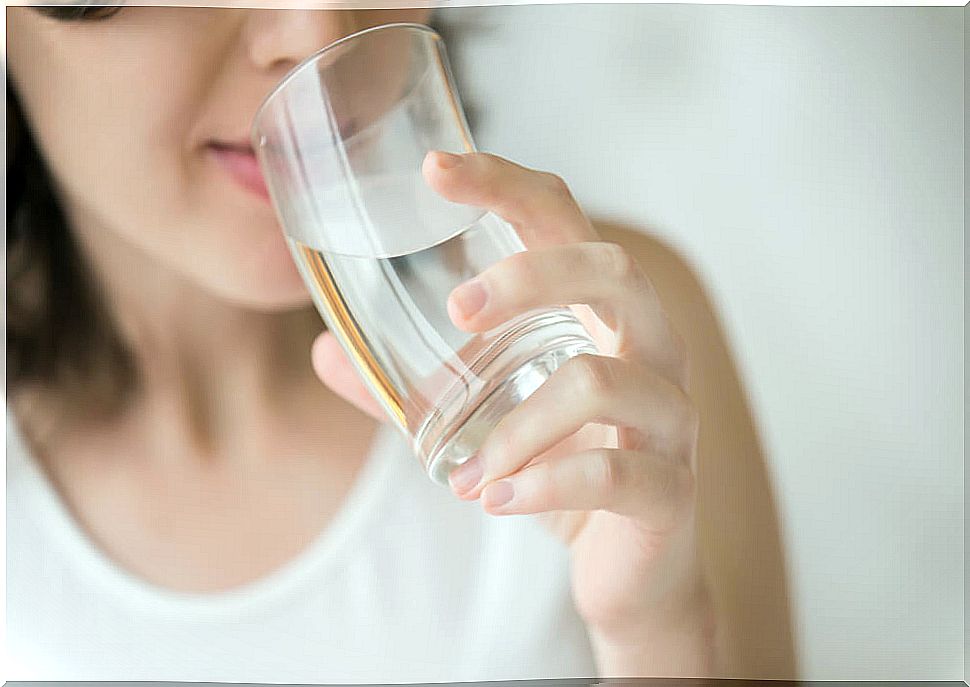
To find out if creatinine is elevated in the blood , a blood test is performed. To do this, a medical test is performed that measures the concentration of creatinine in the blood or urine. This test is very useful to know if the kidneys are working properly.
It is considered a relatively high value that is above 1.3 mg / dl, in men, and 1.2 mg / dl, in women. As soon as the values exceed 4 mg / dl, it is considered that the patient suffers from considered renal failure.
To reduce these levels, a series of measures are recommended such as: since dehydration favors high creatinine, it is very important to drink between 1.5 to 2 liters of water, daily, to avoid this problem.
Modifying the diet is also advised. In this sense, you should reduce the consumption of foods rich in protein, purines (sausages, legumes or sardines) and potassium (such as nuts or potatoes). Instead, you should opt for white meat and fish such as chicken or hake, diuretic vegetables and fruit.
